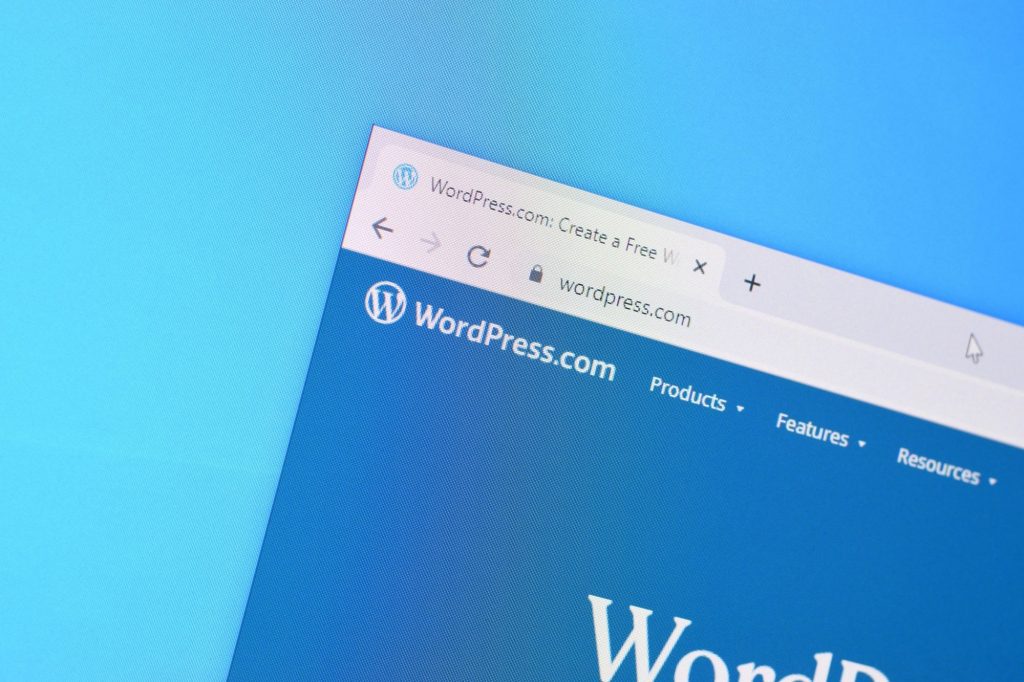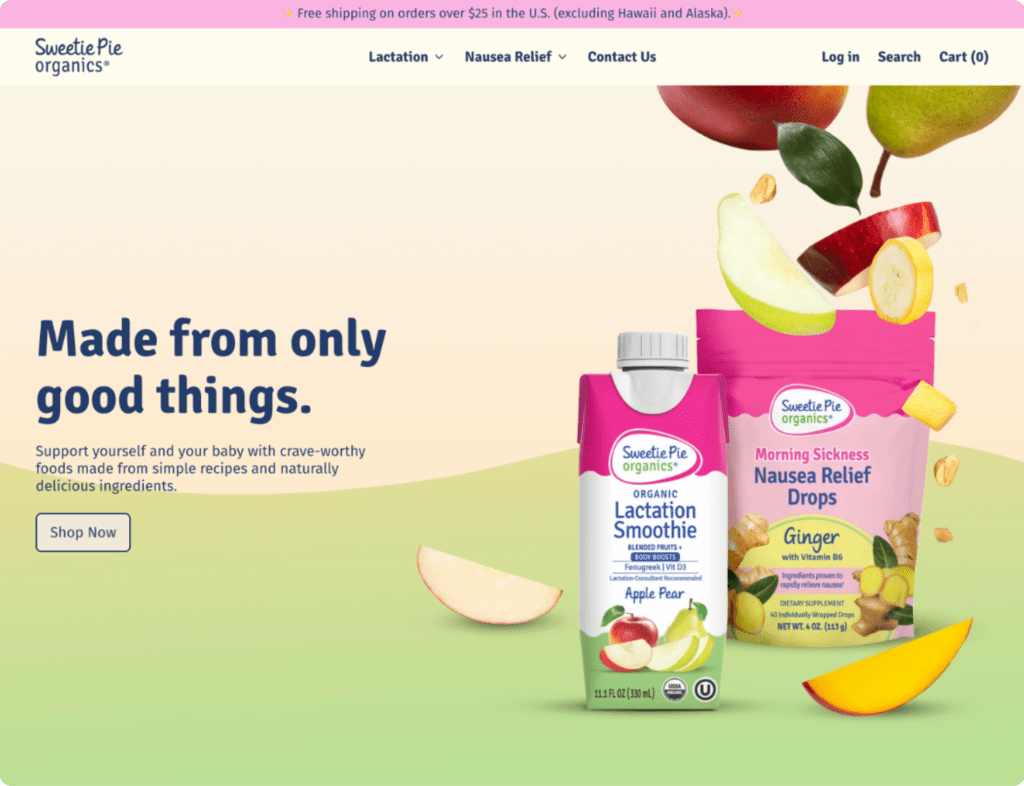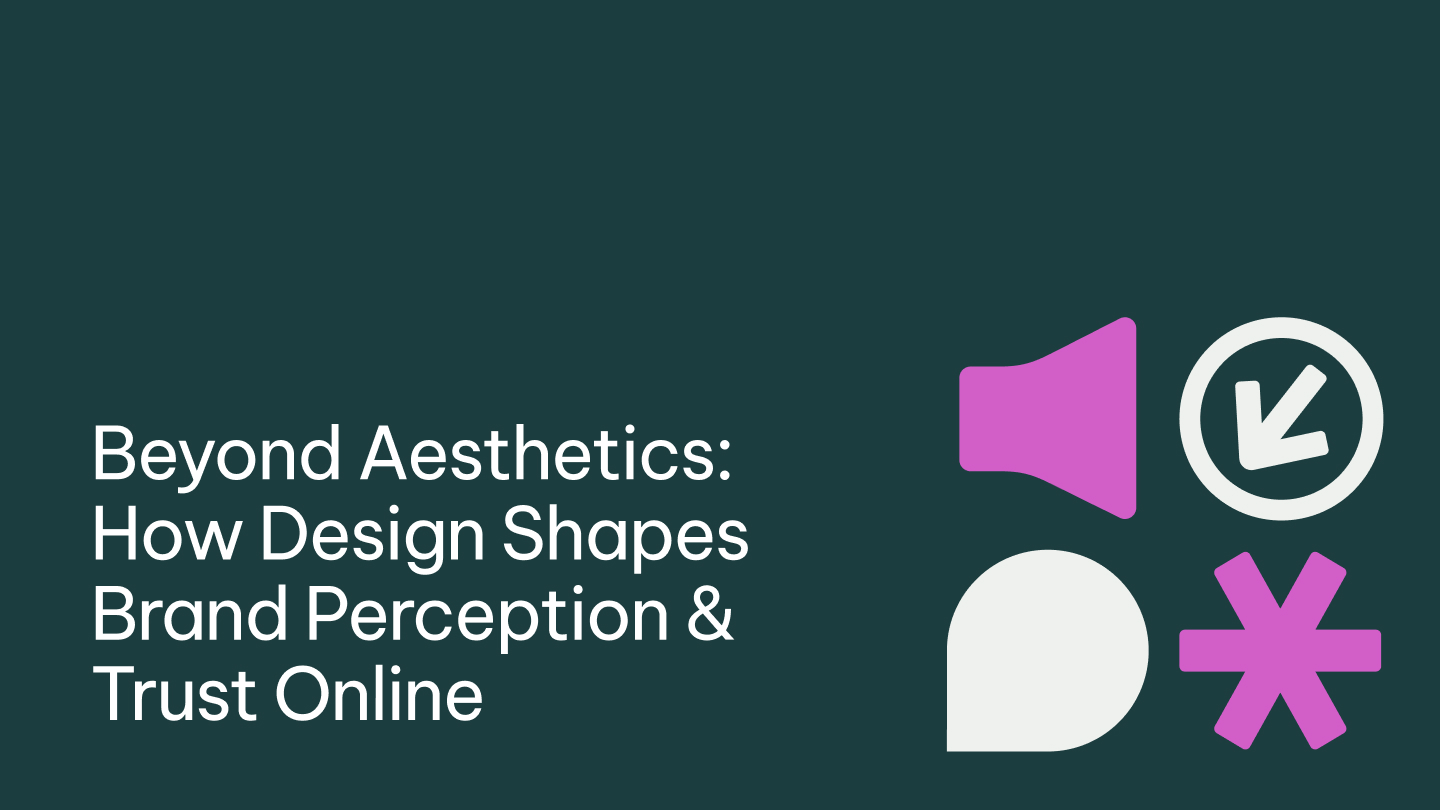Estimated reading time: 15 minutes
So, you’re on the brink of launching your online store, and you find yourself standing at the crossroads of e-commerce platforms—Shopify and WordPress. It’s a classic showdown, and each contender has its strengths and quirks. In this blog post, we’ll stroll through the virtual aisles of these two giants, giving you the lowdown on Shopify and WordPress, and helping you untangle the web of features, pricing, and considerations that come with them.
Overview Of Shopify And WordPress
Shopify and WordPress are both heavyweights in online business, but they’ve chosen different paths to the championship. Shopify is like the all-inclusive resort of e-commerce, offering a hosted platform with everything you need to get started, built-in and ready to roll. On the flip side, WordPress is a versatile artist, a content management system (CMS) known for its customization prowess with the help of plugins and themes.
Purpose of This Blog
Why are we here, you ask? Well, we’ve seen businesses grapple with this choice, and we’ve decided to play the role of the friendly guide in your e-commerce adventure. This blog aims to be your companion in navigating the nuances of Shopify vs. WordPress, providing insights that will empower you to make an informed decision. It’s not about declaring a winner but about helping you choose the platform that suits your business needs like a perfectly tailored suit.
So, buckle up as we dive into the key differences, weigh the pros and cons, and explore the considerations that can make this decision a breeze. By the end, you’ll have a clearer picture of whether you’re Team Shopify, Team WordPress, or perhaps a bit of both. Let the e-commerce games begin!
Related Links
Shopify Vs. WordPress: Key Differences

Now that we’ve set the stage, let’s zoom in on the distinctive features that set Shopify and WordPress apart, like two different players on the e-commerce field.
Shopify: The All-In-One Powerhouse
Picture this: Shopify is your reliable co-pilot, taking care of everything from hosting to payment gateways. It’s a fully hosted e-commerce platform, meaning you won’t need to worry about managing servers or dealing with the technical nitty-gritty. Shopify comes out of the box with an array of built-in features and tools, designed to make your online store setup as smooth as a freshly paved road.
WordPress: The Customization Maestro
On the other side of the ring, we have WordPress, the ultimate chameleon of the internet. WordPress isn’t inherently an e-commerce platform, but it boasts an extensive library of plugins and themes that can transform it into one. This content management system (CMS) is favored by those who crave complete control over the look and feel of their site. If you’re a creative soul with a vision, WordPress is your canvas.
Comparison Time: Pricing, Ease Of Use, Customization, Scalability, And Support
Let’s break it down into bite-sized pieces:
| Factors | Shopify | WordPress |
|---|---|---|
| Pricing | Shopify offers straightforward pricing plans, covering hosting, security, and support. | WordPress, being open-source, is free, but you’ll need to budget for hosting, domain registration, and any premium plugins or themes you choose to enhance functionality. |
| Ease of Use | Shopify is the friend who insists on helping you carry your groceries to the car. It’s intuitive and user-friendly, making it a go-to for beginners. | WordPress, while not as plug-and-play, compensates with its powerful customization options, catering to those who enjoy a more hands-on approach. |
| Customization | Shopify provides a curated selection of themes and customization options, ensuring a polished look without diving into code. | WordPress, with its vast plugin and theme ecosystem, empowers you to create a unique online presence tailored to your brand. |
| Scalability | Shopify scales seamlessly with your business growth, handling increased traffic and transactions effortlessly. | WordPress can scale too, but it may require more hands-on management, especially if your store becomes a digital hotspot. |
| Support | Shopify offers 24/7 customer support, a lifeline for troubleshooting and assistance. | With WordPress, support varies based on your chosen hosting provider and the plugins/themes you use, putting a bit more responsibility on your shoulders. |
In the next sections, we’ll explore the pros and cons of each platform, helping you figure out which one aligns best with your business aspirations. So, whether you’re drawn to the simplicity of Shopify or enticed by the flexibility of WordPress, we’ve got the insider knowledge to guide you on this e-commerce journey.
Pros And Cons Of Using Shopify

Now that we’ve taken a closer look at the ring contenders, let’s break down the strengths and weaknesses of opting for Shopify as your e-commerce platform.
Advantages Of Using Shopify:
- User-Friendly Experience: Shopify is like a friendly neighborhood store where you know exactly where everything is. Setting up shop is a breeze, even for those who aren’t tech-savvy. Its intuitive interface and well-designed dashboard make managing your store a walk in the digital park.
- Quick to Set Up: Time is money, right? Shopify gets that. With its straightforward setup process, you can go from zero to an online store hero in no time. Choose a template, add your products, configure a few settings, and voilà—your store is open for business.
- Built-In E-Commerce Features: Shopify comes pre-loaded with a variety of built-in features essential for running an online store, such as a secure shopping cart, payment processing, inventory management, and order tracking. It’s like having a toolkit with all the essentials neatly organized.
- Reliable Support: Ever had a burning question at 2 AM? Shopify’s got your back with 24/7 customer support. Whether you’re troubleshooting a technical hiccup or seeking advice on optimizing your store, help is just a chat or call away.
Disadvantages Of Using Shopify:
- Limited Customization Options: While Shopify makes it easy for beginners to create a professional-looking store, it may not be the ideal playground for hardcore designers and developers. Customization is somewhat restricted compared to platforms like WordPress.
- Transaction Fees: The convenience of Shopify comes at a cost. In addition to your monthly subscription, there are transaction fees for every sale, especially if you choose a third-party payment gateway. It’s a small price to pay for the convenience, but it’s worth considering for budget-conscious businesses.
- Monthly Fees: Unlike the free nature of open-source platforms, Shopify comes with a monthly subscription fee. While it covers hosting and support, it’s an ongoing expense that might not appeal to those on a tight budget.
- Less Flexibility: If you dream of pushing the boundaries of web design and functionality, Shopify might feel like a bit of a walled garden. The platform’s closed ecosystem means you’re limited to what Shopify allows, and extensive customization might require more advanced technical skills.
Pros And Cons Of Using WordPress

Alright, now let’s venture into the dynamic realm of WordPress, the digital canvas where possibilities are vast, and customization is king.
Advantages Of Using WordPress:
- Highly Customizable: If you have a vision and a touch of DIY spirit, WordPress is your playground. The sheer number of themes and plugins available provides unparalleled flexibility. You can shape your website into anything from a sleek online store to a content-rich blog without breaking a sweat.
- Extensive Library of Plugins and Themes: Need a feature? There’s probably a plugin for that. WordPress boasts an extensive repository of plugins and themes, both free and premium. These tools empower you to enhance functionality, improve aesthetics, and tailor your site to suit your unique brand.
- Free to Use: The core WordPress software is open-source and free to use. This can be a game-changer for startups and budget-conscious entrepreneurs looking to minimize initial expenses. While you may incur costs for premium themes and plugins, the basic framework won’t dent your wallet.
- Great for Content Marketing: Content is king, right? WordPress excels at content management, making it an ideal choice for businesses heavily invested in content marketing. Whether you’re blogging, creating guides, or building an informative resource hub, WordPress provides a user-friendly interface for managing your content.
Disadvantages Of Using WordPress:
- Requires Technical Knowledge: The power of customization comes at a price—WordPress has a steeper learning curve. If you’re not comfortable delving into themes, plugins, and occasional code snippets, you might find yourself in need of a developer’s assistance.
- May Be Less Reliable Than Shopify: With great power comes great responsibility. WordPress relies heavily on the quality of your chosen hosting provider. If you skimp on hosting, you might encounter performance issues, slower loading times, and potential downtime—something Shopify users generally worry less about.
- Potential Security Risks: Being a popular CMS, WordPress can be a target for cyber mischief-makers. Regular updates and security measures are essential to keep your site safe. While many security plugins can help fortify your defenses, you’ll need to be vigilant and proactive.
- No Built-In E-Commerce Features: Unlike Shopify, WordPress doesn’t come pre-loaded with built-in e-commerce features. To turn your site into an online store, you’ll need to rely on plugins like WooCommerce. While WooCommerce is powerful, it adds another layer of complexity to your setup.
As we move forward, we’ll help you navigate the considerations that will ultimately steer you toward the best choice for your unique business needs.
Considerations When Choosing Between Shopify Vs. WordPress
Now that we’ve unveiled the strengths and quirks of both Shopify and WordPress, it’s time to play matchmaker. Here are the crucial factors you should mull over when deciding which platform is your e-commerce soulmate:
| Considerations | Shopify | WordPress |
|---|---|---|
| Business Goals and Needs | Shopify’s simplicity suits those aiming for a quick and hassle-free setup. | WordPress’s flexibility caters to those with unique and ambitious business models. |
| Budget and Resources | Shopify’s subscription fees and transaction costs are transparent, providing a clear picture of ongoing expenses. | WordPress offers a free core, but you’ll need to budget for hosting, premium themes, and plugins. |
| Level of Technical Expertise | Shopify is designed to be user-friendly, making it an excellent choice for beginners or those who prefer a hands-off approach. | WordPress demands a bit more technical know-how, ideal for those ready to explore the ins and outs of themes, plugins, and occasional code tweaks. |
| Desired Level of Customization and Flexibility | Shopify, while sleek out of the box, has limits in terms of customization. | WordPress is your canvas, offering a vast array of themes and plugins to shape your site precisely how you envision it. |
| Future Growth and Scalability | Shopify excels at seamless scalability, handling increased traffic and transactions effortlessly. | WordPress’s expansive ecosystem may better accommodate your long-term vision, especially for complex features or large content repositories. |
As you navigate these considerations, keep in mind that the perfect choice depends on your unique circumstances and aspirations. There’s no one-size-fits-all answer, and that’s the beauty of having options. In the final stretch of our journey, we’ll wrap up with a recap of the key differences and leave you with some parting words of wisdom to guide you toward your ideal e-commerce platform.
Sweetie Pie Organics Shopify Website: A Sweet Success Story
Sweetie Pie Organics, dedicated to supporting expecting and breastfeeding mothers with innovative food solutions, sought a fresh digital identity. Here’s how our collaboration, anchored on the Shopify platform, transformed their online presence.

Why Shopify For Sweetie Pie Organics:
- Convenience-Centric Products: Sweetie Pie Organics’ grab-and-go style products demanded a user-friendly e-commerce platform. Shopify’s intuitive design and seamless checkout process perfectly aligned with the brand’s emphasis on convenience.
- Visual Identity Revamp: Acquired by Handi-Craft, Sweetie Pie Organics needed a visual facelift. Shopify’s flexibility allowed us to start with a template and then infuse it with a custom site structure and design. The result? A bright, lively website that mirrors the brand’s essence.
- Elevated Brand Look: Our design team crafted a new style guide, introducing additional colors, illustration styles, and unique visual elements. Shopify’s adaptability facilitated the creation of an elevated brand look, maintaining continuity with the original brand while offering a refreshed feel.
- Custom Playful Iconography: To inject more personality and color, we introduced custom-illustrated icons. These playful elements, seamlessly integrated into the Shopify website, contribute to a delightful user experience and reflect the brand’s essence.
- Balanced Product Pages: Understanding the unique selling points of Sweetie Pie Organics’ products was crucial. With Shopify’s versatile product page capabilities, we struck the perfect balance between essential product information, eye-catching visuals, and compelling messaging. This not only enhanced the purchasing experience but also showcased the brand’s distinct offerings.
The Sweetie Pie Organics Shopify website is more than an online storefront; it’s a tailored platform that harmonizes with the brand’s mission. From convenience-driven features to a visually appealing design, the Shopify solution has proven to be the ideal match for a brand dedicated to supporting mothers during their most precious moments.
Gunter Pest & Lawn: Growing Strong With WordPress SEO
Embarking on a journey to boost local pest control through SEO, Gunter Pest & Lawn found a reliable partner in WordPress. This case study showcases six years of dedicated SEO work, emphasizing the factors that make WordPress an optimal choice for businesses in the home services industry.

Why WordPress For Gunter Pest & Lawn:
- Rich History, Strong Reputation: Gunter Pest, with a history dating back to 1950, needed a digital presence that matched its legacy. WordPress, with its customizable and robust platform, allowed us to create a website that not only reflects their rich history but also aligns with their commitment to customer satisfaction.
- Tailored Content Strategy: WordPress excels in content management, making it the perfect fit for Gunter Pest’s goal to provide valuable informational content. The Content Strategy pillar, focusing on creating content clusters and localized information, seamlessly integrates with WordPress’s user-friendly interface, allowing for easy content updates and additions.
- Local SEO Focus: Being a local business, Gunter Pest needed a platform that could support Local SEO initiatives effectively. WordPress, with its versatility and optimization capabilities, allowed us to manage their Google My Business account, optimize for local keywords, and ensure consistent business information across online directories.
- Technical SEO Foundation: The Technical SEO pillar, addressing site health and speed optimization, was crucial for Gunter Pest’s online success. WordPress’s flexibility and extensive plugin ecosystem made it possible to swiftly implement technical changes, ensuring a solid foundation for improved organic visibility.
- Continuous Adaptation and Collaboration: WordPress facilitates a dynamic and collaborative environment. Over the years, our partnership with Gunter Pest has been characterized by close collaboration. The WordPress platform allows us to fine-tune strategies, align with new goals, and adapt to the evolving online environment seamlessly.
WordPress has proven to be the backbone of Gunter Pest & Lawn’s successful SEO journey, providing the flexibility, optimization, and collaborative environment essential for continuous growth in the competitive pest control industry
Key Takeaways
As we reach the end of our exploration into the realms of Shopify and WordPress, let’s recap the key differences and leave you with some guidance to make an informed choice for your e-commerce journey.
Recap Of Key Differences Between Shopify Vs. WordPress:
- Shopify: Your hassle-free, all-in-one solution. It’s like a reliable friend who always has your back, offering a straightforward setup, built-in e-commerce features, and reliable support. However, it does come with some limitations in terms of customization and flexibility.
- WordPress: The creative genius’s playground. With extensive customization options, an abundance of themes and plugins, and the power to shape your site exactly as you envision, WordPress is for those who crave complete control. However, it requires a bit more technical expertise and comes with additional responsibilities.
Factors To Consider When Choosing Between The Two Platforms:
- Business Goals and Needs: Define your aspirations and match them with the platform that aligns with your vision.
- Budget and Resources: Consider both initial and ongoing costs to ensure your choice is sustainable.
- Level of Technical Expertise: Assess your comfort with technology and willingness to delve into the technical aspects of your website.
- Desired Level of Customization and Flexibility: Determine how much creative control you want over your online storefront.
- Future Growth and Scalability: Anticipate your business’s growth and choose a platform that can scale seamlessly with your ambitions.
Now, here’s the part where we encourage you to weigh the pros and cons, but we’d also like to introduce you to an option that can take your online presence to the next level. If you find yourself leaning towards the simplicity and reliability of Shopify, why not explore our Shopify Web Design Services at Matchbox Design Group? Our team is dedicated to crafting visually stunning and highly functional Shopify stores that resonate with your brand.
Remember, the perfect choice is the one that aligns with your unique needs and goals. Whether you opt for the streamlined convenience of Shopify or the boundless creativity of WordPress, the journey is yours to navigate. So, go ahead, weigh those options, and embark on your e-commerce adventure with confidence!
Contact Matchbox Design Group Today!
If your website could use a refresh, if you’re looking to drive more traffic to your site, or you would like to submit a guest post, fill out the form below and we’ll contact you to learn more about your digital needs.
Shopify Vs. WordPress: FAQ
Q: Is Shopify harder than WordPress?
A: The level of difficulty depends on your technical comfort. Shopify is known for its user-friendly interface, making it easier for beginners. WordPress, while powerful, may require more technical expertise for extensive customization.
Q: What’s more expensive Shopify or WordPress?
A: Cost considerations vary. Shopify has straightforward pricing, including hosting fees. WordPress is open-source but may involve costs for hosting, premium themes, and plugins. Assess your budget and specific needs to make an informed decision.
Q: What is the failure rate of Shopify stores?
A: Success or failure depends on various factors such as business strategy and marketing. Shopify provides robust tools, and success often hinges on effective implementation of these resources.
Q: Can I use my WordPress site on Shopify?
A: No, Shopify and WordPress are separate platforms. However, you can use a subdomain or redirect links between the two for a cohesive online presence.
Q: Is WordPress more customizable than Shopify?
A: Yes, WordPress offers extensive customization options with its vast theme and plugin ecosystem. Shopify, while customizable, may have some limitations compared to the flexibility of WordPress.
Q: Can you switch from Shopify to WordPress?
A: Yes, it’s possible to migrate from Shopify to WordPress. However, the process involves careful planning to ensure a smooth transition of content, products, and functionality.
Q: Can I use the same domain for Shopify and WordPress?
A: While technically possible, it’s advisable to use subdomains or different paths to avoid conflicts. Each platform should have its unique space to prevent issues with functionality and branding.
Q: Can you use your own website name with Shopify?
A: Yes, you can use your custom domain with Shopify. Whether transferring an existing domain or purchasing a new one through Shopify, it’s easy to establish a professional online presence with your chosen website name.



